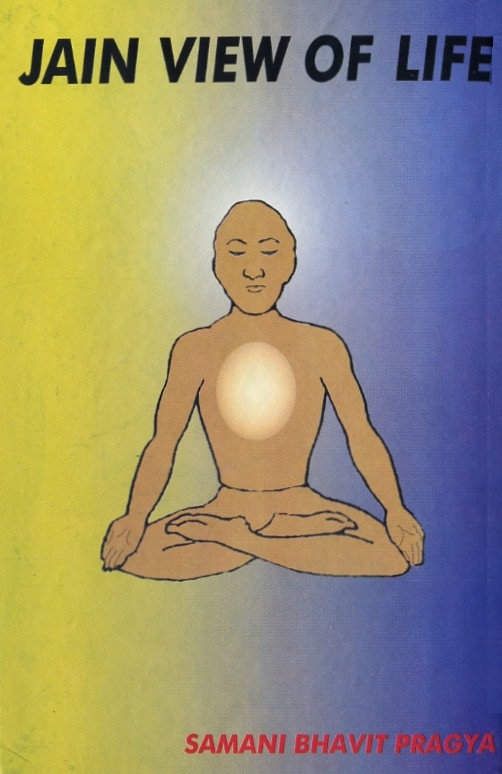Religion
Religion means purity of soul. It is inborn nature of the soul, which enlightens consciousness. It helps man contemplate the unknown. Therefore the enlightened soul is a religious soul. Religion appears to uplift the soul from worldly sufferings and that leads man to veetaraga (passionless). Religion is a undivisible truth. It is not divided into part. It is neither a cult nor a creed, nor it is reserved system of community like Sikhism, Christianity, Islam, Jainism, Buddhism, Bahai faith, Judaism and Taoism, etc. Religion is an essential nature of an individual. According to Lord Mahavira, the essential nature of the soul is four fold viz. infinite knowledge, infinite intuition, infinite power and infinite bliss like the nature of sugar is sweet and the nature of lemon is sour. Non-violence is also a form of religion. Truth is the basis of a religion. Humility is its root and to forgive is its strength. It is safeguarded by celibacy. Peace is its symbol and non-possessiveness is its strength.
Jain scriptures have defined religion as the trio of spiritual jewels; Samyag-darshan (right faith) samyag-gyan (right knowledge) and samyak-charitra (right conduct). All the three must coexist in a person if he wants to achieve liberation. If any one of these elements is wanting, the other two are each valuable in itself but these two do not lead a man to liberation. In order to understand the trio spiritual jewels, the illustration of a person, who is suffering from ailment (disease) can be used. A patient who takes medicine must firstly have faith in the efficiency of the medicine given to him. Secondly he must have the right knowledge of its use, and thirdly he must take the medicine as prescribed. Then the disease can be cured. Similarly, universal disease of the world is sorrow and sufferings. Each and every soul is suffering from this illness. By observing the right faith, right knowledge and right conduct, the sorrow and suffering regarding birth and death can be cured.
The first and foremost attribute of the soul is the right faith. In its absence right knowledge does not manifest. In the presence of right belief, knowledge becomes right knowledge. Similarly, conduct becomes right conduct. Lord Mahavira said there is no right conduct without the right knowledge and no right knowledge without the right belief. Right character is the natural state of soul devoid of attachment and aversion. Religion, character, pure consciousness, equanimity, neutrality and veetaraga are all synonymous. Forgiveness, liberation, sincerity (arjava), tender-heartedness, lightness, truth, restraint, penance, sacrifice, celibacy these ten factors of religion are prevalent in Jain scriptures. These ten points can come in different orders and names in Moolachara text of Digambar and samvayo scriptures of Shwetambar.
Kshama (forgiveness), mardava (modesty), arjava (straightforwardness), satya, saucha, samyama, tapa, tyaga, bramacharya, akinchanya, (contentment) these names are in accordance with moolachara. Forgiveness, liberation, sincerity (arjava), tender-heartedness, lightness, truth, restraint, penance, sacrifice, celibacy, these ten aspects are in accordance with samvayo.
Apart from a few differences, most of the ideology is identical. Jain scriptures have laid down ten important and necessary virtues that should be practiced in your daily life especially in Dashalakshana parva. These are the ten kinds of religions that are now being discussed.
 Samani Bhavit Pragya
Samani Bhavit Pragya
